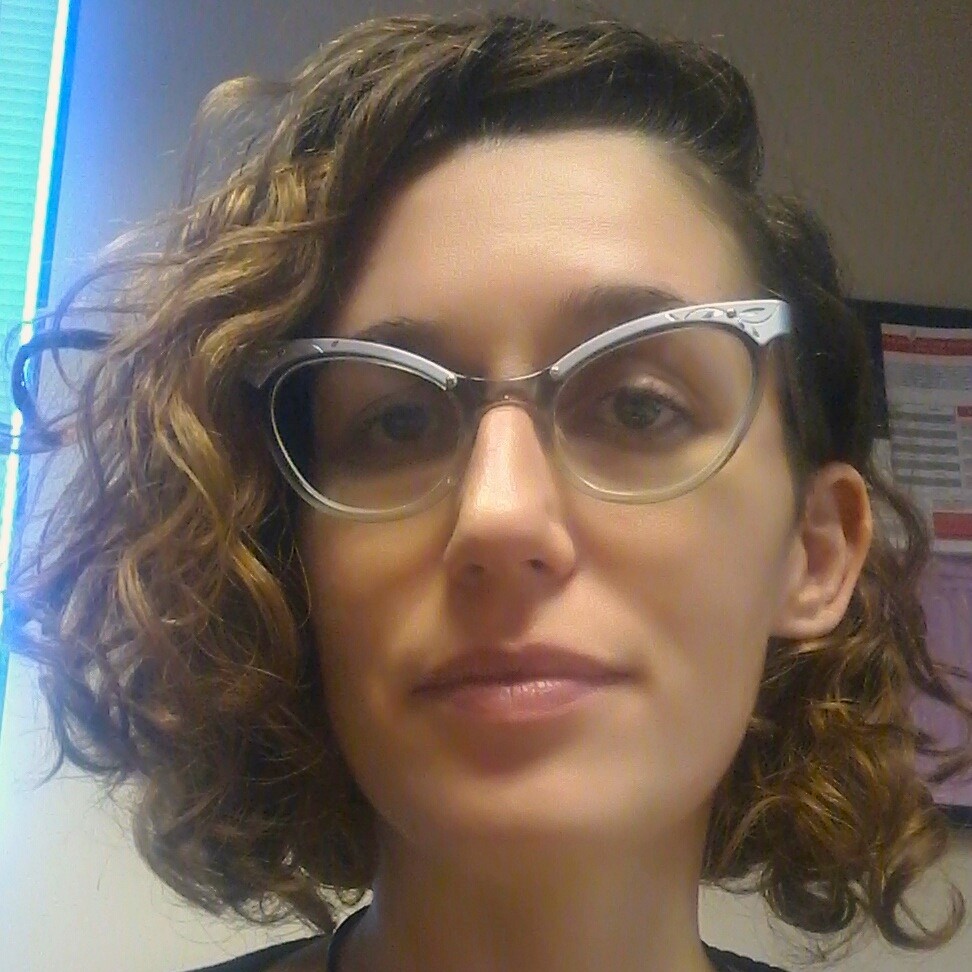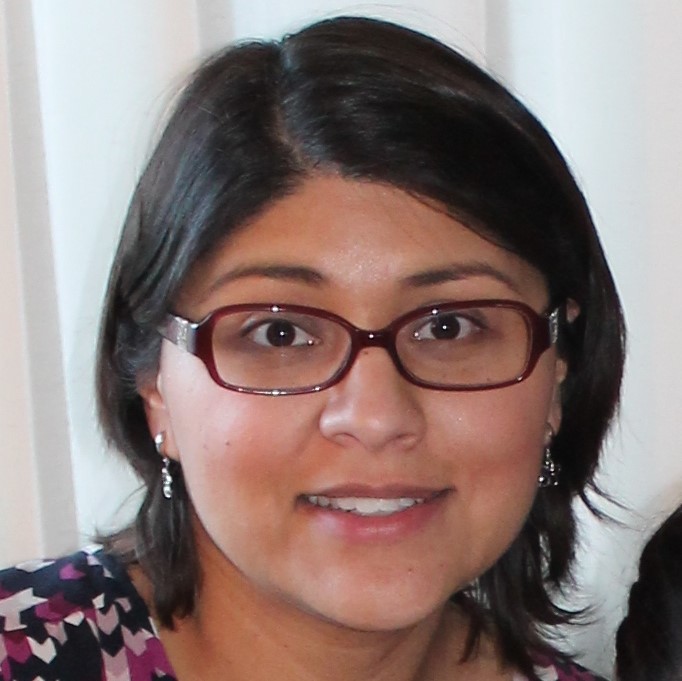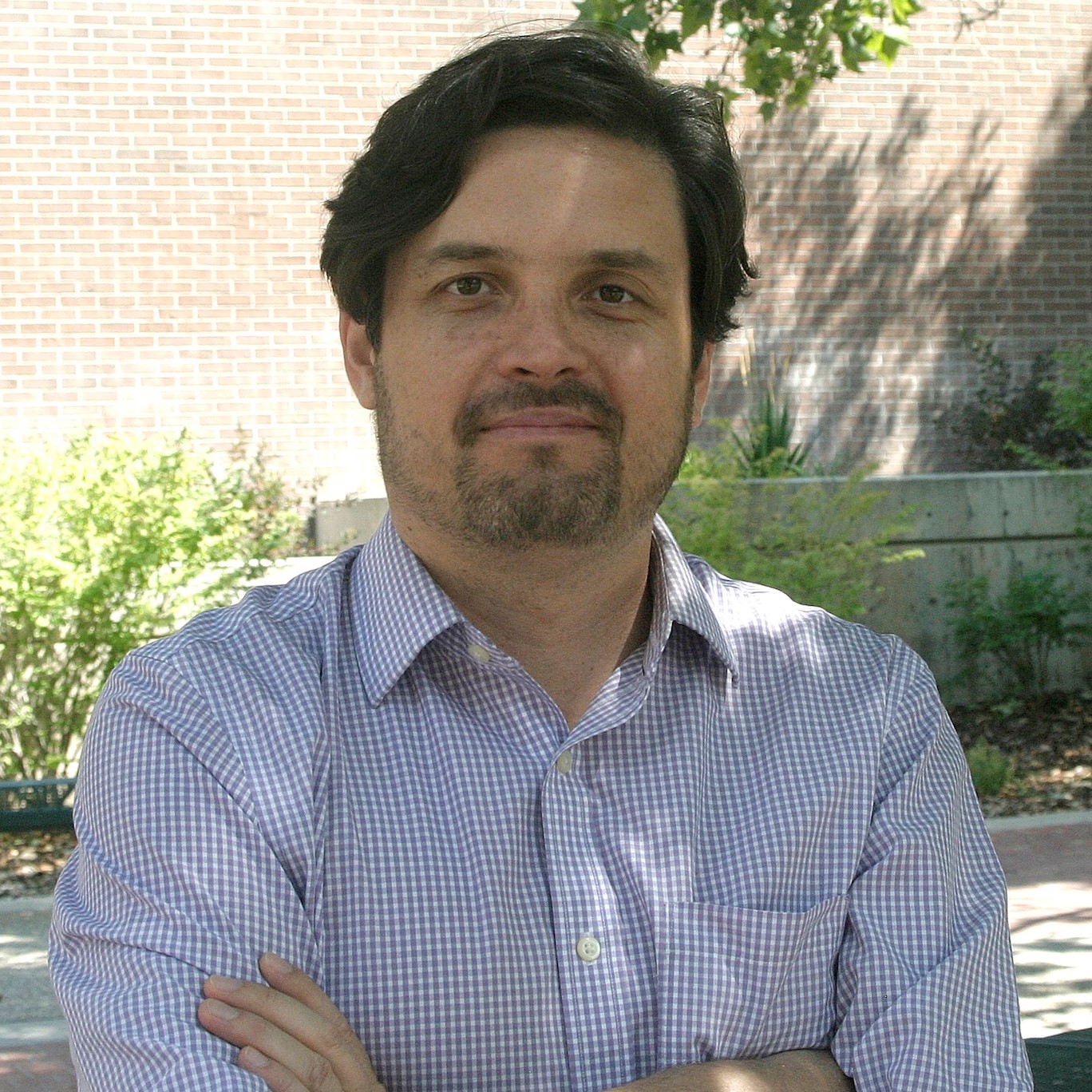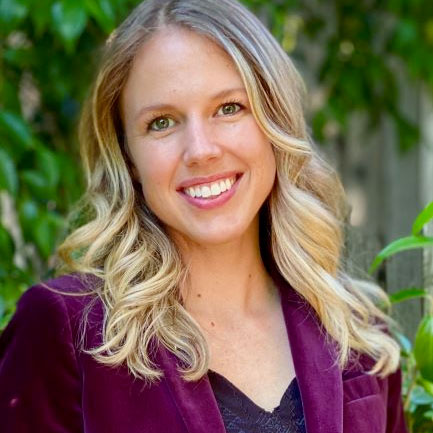Spanish
Spanish Program
Our program offers majors and minors in both Spanish and Spanish Teaching. We offer courses at all levels in the language, linguistics, literatures and cultures of Spain and Latin America.
Most of our undergraduate courses are capped at or below 28 students, giving our students more personal attention than possible at other large universities. Full-time faculty members teach the vast majority of our courses.
View Graduate ProgramMasters
Spanish (MA)
Spanish Language Pedagogy (MA)
World Language (MA)
Majors
Spanish (BA)
Spanish Teaching (BA)
Minors
Spanish
Spanish Teaching
Our Program
The program in Spanish provides students with the skills necessary for in-depth research in Latin-American and Spanish Literature. Students become well versed in the traditional canon, advance their critical thinking skills, and explore a variety of analytical and theoretical paradigms. The program offers a wide range of seminars in Golden Age, Modern Peninsular, Colonial Latin American, Caribbean, Contemporary Latin American, and U.S. Latina/o studies, as well as Spanish Linguistics. Specific approaches include cultural theory and intellectual history, post-colonial studies, queer aesthetics, avant garde aesthetics, and popular culture, as well as film and visual studies. Seminar topics range from Indigenous voices, travel literature, and sociolinguistics to studies in race, gender and genre.
As a part of the Department of World Languages and Cultures, we are able to offer students access to a number of seminars outside the purview of traditional Spanish Departments. Students may take innovative courses through our Comparative Literary and Cultural Studies program, participate in a growing number of interdisciplinary programs (such as Latin American Studies and Gender Studies) and engage in academic discussions with students and faculty across the department and within the College of Humanities.
Spanish Majors
Download Major Requirements
MAJOR REQUIREMENTS- post fall 2025 Teaching Major- post fall 2025
MAJOR REQUIREMENTS-pre fall 2025 Teaching Major requirements- pre fall 2025 WLC Practicum Options
Note that this plan is a prediction of courses but does not guarantee this exact availability of courses. Also note that students with prior language learning experience do not necessarily need to begin at the 1010 level and should visit our Language Placement FAQ page for questions about where to begin.
Spanish Major (BA)
About the Major
The Spanish major offers courses in language, literature, linguistics, film, and culture of Latin America and Spain. The Spanish major will deepen your understanding of how language works and varies across the Spanish-speaking world, including the United States.
Students should declare their major at least two semesters before their expected graduation date. Please visit our Undergraduate Advising page for more information.
Bridge Dual Language Immersion students may see how the Bridge program interacts with the University of Utah's Spanish major on our Bridge program website here.
Spanish Teaching Major (BA)
About the Major
The Spanish Teaching major is a program developed for students who are interested in Spanish and would like to pursue a teaching career. The major requires a total of 33 credit hours of courses in Spanish Literature and/or culture in addition to others in Teaching Methodology and Linguistics.
A 3-credit hour Teaching Practicum is also part of the program. The practicum gives students the opportunity to help in a Spanish Language class as assistants. Students pursuing a Spanish Teaching Major are required to prove advanced proficiency in the ACTFL scale. A Spanish Proficiency Assessment is administered by the department in the last phase of the program.
In order to get a Utah License, teaching majors will need to be admitted to the Secondary Education Licensure Program in the Department of Teaching and Learning. Application to this program must be approved by the Department's teaching major advisor. Please visit the Undergraduate Advising page to make an appointment with an advisor.
Students with advanced language skills (e.g., native speakers, heritage speakers, students who have lived for an extended period abroad) should not enroll in first, second, and some third-year courses. If you do not know what your language level is or if you think your situation justifies petitioning for an exception, contact the WLC advisors before enrolling in classes. For pedagogical reasons, the department reserves the right to remove advanced speakers who have not successfully petitioned from classes not appropriate for their language level.
Spanish Minors
If you are not a Spanish major but would like to keep up with your language skills, a minor in Spanish might be for you. While a minor does not require the same degree of language immersion or specialization as a major, a Spanish minor can be an asset to any major!
Bridge Dual Language Immersion students may see how the Bridge program interacts with the University of Utah's Spanish minor on our Bridge program website here.
Download Minor Requirements
Minor REQUIREMENTS-post fall 2025 Teaching Minor-post fall 2025
Minor REQUIREMENTS-pre fall 2025 Teaching Minor-pre fall 2025
Students with advanced language skills (e.g., native speakers, heritage speakers, students who have lived for an extended period abroad) should not enroll in first, second, and some third-year courses. If you do not know what your language level is or if you think your situation justifies petitioning for an exception, contact the WLC advisors before enrolling in classes. For pedagogical reasons, the department reserves the right to remove advanced speakers who have not successfully petitioned from classes not appropriate for their language level.
Courses
Regular Course Offerings
Please see the General Catalog for specific course descriptions
SPAN 1010, 1020, 2010, 2010
Beginning and Intermediate Spanish language courses that are taught in regular or
hybrid formats.
SPAN 3020 Intermediate Conversation and Reading
SPAN 3040 Intermediate Grammar and Composition
OR
SPAN 3060 Advanced Grammar and Composition
Students with advanced proficiency in Spanish through extended residence in a Spanish-speaking
environment (e.g. native speaker, military service personnel, LDS missionaries), are not eligible to take Spanish courses below the 3060 level.
SPAN 3070 Intro to Text Analysis
SPAN 4550Histories and Cultures of Spain
SPAN 4560 Culture and Customs of Spanish America
SPAN 4620 Introduction to Spanish Literature
SPAN 4630 Survey of Spanish American Literature
SPAN 3116, 3117, and 3118 Bridge Dual Language Immersion (DLI) Program courses taught in local high schools
SPAN 3116: Pop Culture: Film, Media and Entertainment (3)
SPAN 3117: Breaking Down Walls, Building Identities (3)
SPAN 3118: Literature and Film: Contemporary Issues (3)
SPAN 3510 / 3520 Business Spanish I/II
SPAN 3940 Community Volunteering
SPAN 4900 Special Topics - Undergraduate Level
Works, authors, and genres not normally covered elsewhere. Repeatable for credit when
topic varies.
SPAN 5242 Phonetics and Spanish Pronunciation
SPAN 6900 Special Topics - Graduate Level
Topics vary. Graduate students take several 6900 courses to complete their degrees.
Students with advanced language skills (e.g., native speakers, heritage speakers, students who have lived for an extended period abroad) should not enroll in first, second, and some third-year courses. If you do not know what your language level is or if you think your situation justifies petitioning for an exception, contact the WLC advisors before enrolling in classes. For pedagogical reasons, the department reserves the right to remove advanced speakers who have not successfully petitioned from classes not appropriate for their language level.
Who are Heritage Language Learners or Speakers (HLS)?
We adopt the widely accepted and inclusive definition provided by Fishman (2001): an individual who has a personal or familial connection to a non-majority language. Although many heritage learners are to some degree bilingual (Valdés 2000), we understand that the level of language proficiency varies widely.
Is there a language placement test for HLSs?
The WLC department offers an integrated program for all language students (traditional sequence learners, students with immersive experience, heritage learners, international, etc.). If you identify as a Heritage language speaker of Spanish and would like to enroll in Spanish classes, we recommend…
- LANGUAGE: If you would like to enroll in a language course to improve your skills or proficiency, please email spanheritage@utah.edu. We offer a customized HLL placement process for language courses so that you can start in the appropriate course, from 1010 to 3060. The test is free! We welcome all levels of Spanish HLS!
- CONTENT: If you have already passed a 3rd year language course, 3060 or equivalent, you can take upper division content courses (SPAN 3070+). These are literature, culture, and linguistics courses taught entirely in Spanish.
Please email spanheritage@utah.edu with any questions and/or to start your placement process.
Sources:
Fishman, J. (2001). 300-Plus Years of Heritage Language Education in the United States. In J. K. Peyton, D. A. Ranard, & S. McGinnis (Eds.), Heritage Languages in America: Preserving a National Resource (pp. 81-97). McHenry, IL: Center for Applied Linguistics and Delta Systems.
Valdés, G. (2000). Introduction. In N. Anderson (Ed.), Spanish for Native Speakers, Volume I. American Association of Teachers of Spanish and Portuguese Professional Development Series Handbook for Teachers K-16 (pp. 1-20). New York: Harcourt College.
Español
¿Quiénes son los hablantes de lengua de herencia de español (HLS)?
Adoptamos la definición inclusiva de Fishman (2001): alguien que tiene una conexión personal o familiar con una lengua minoritaria. Aunque muchos hablantes de herencia son bilingües (Valdés 2000), sabemos que su nivel de competencia comunicativa varía mucho.
¿Hay una prueba de nivel para los HLS que quieren tomar cursos de español?
El departamento de WLC ofrece un programa integrado para todos los estudiantes de español (aprendices tradicionales, misioneros, de herencia, internacionales, etc.). Si te identificas como HLS y quieres tomar cursos de español, tienes las siguientes opciones:
- Si eres bilingüe o tienes un nivel de español académico avanzado, puedes tomar cursos de contenido de nivel superior (SPAN 3070+). Ofrecemos cursos de literatura, cultura, y lingüística que se enseñan completamente en español.
- Si quieres tomar cursos de lengua para mejorar tus habilidades (gramática, escritura, etc.), o competencia comunicativa, por favor escribe a spanheritage@utah.edu. Ofrecemos pruebas de nivel personalizadas para los cursos de lengua para que los HLS empiecen en el curso apropiado, de 1010 a 3060. La prueba es gratis. ¡Todos los niveles de HLS son bienvenidos aquí!
Fuentes:
Fishman, J. (2001). 300-Plus Years of Heritage Language Education in the United States. In J. K. Peyton, D. A. Ranard, & S. McGinnis (Eds.), Heritage Languages in America: Preserving a National Resource (pp. 81-97). McHenry, IL: Center for Applied Linguistics and Delta Systems.
Valdés, G. (2000). Introduction. In N. Anderson (Ed.), Spanish for Native Speakers, Volume I. American Association of Teachers of Spanish and Portuguese Professional Development Series Handbook for Teachers K-16 (pp. 1-20). New York: Harcourt College.
Experience
Learning Abroad
Learning abroad is the opportunity to live, study and intern abroad while completing your degree here at the University of Utah. Learning Abroad helps connect you to over 500+ program options in over 50 countries, many of which are great for improving your proficiency in another language. Learn more about Learning Abroad by visiting learningabroad.utah.edu and completing Learning Abroad 101.
To get started, see below for program options for Spanish.
For questions, email Learning Abroad at learningabroad@utah.edu, call them at 801-581-5849, or visit in person at Union 159.
Faculty-Led Programs
U of U faculty lead students on short-term programs centered on specific coursework, which is commonly integrated into your major or minor requirements. When participating on a faculty-led program you have the benefit of taking U of U courses abroad that combine in-country experiential learning with classwork.
Exchanges
The U partners with universities around the world to offer you the opportunity to complete coursework in an immersive university environment alongside local students. Coursework can be quite flexible with students oftentimes completing major, minor, and general education requirements. Additionally, the cost of an exchange program is the same as paying U of U resident tuition, which makes exchanges one of our most affordable options!
Affiliate Programs
The U partners with external organizations (Affiliates) to expand where you can go and what you can study on a learning abroad program. Affiliates offer programs at study centers, local institutions, or a combination of both in the host country. Programs are commonly structured around a particular theme or topic, such as "Language, Culture, and Society". Program options can also include internships, service learning & community engagement opportunities.
- Spanish focused affiliate programs: click here
Spanish Club
Interested in learning Spanish outside of the classroom? Come join the Spanish Club today! Follow us on social media for more announcements!
getinvolvef.utah.edu/organization/thespanishclub
Email:abethards@sa.utah.edu | Phone: 801-581-7561
Bridge Dual Language Immersion (DLI) Program
Students who participated in the Bridge Dual Language Immersion (DLI) Program, which includes taking the AP Spanish Exam and one or more 3000-level Spanish courses in high school, can go to our Spanish Bridge program webpage here to see how they can complete the Spanish major or minor at the University of Utah.
Faculty
Tenure-Line Faculty

Talía Dajes
Assistant Professor

Isabel Dulfano
Professor

Tanya Flores
Associate Professor of Spanish Linguistics

Gema Guevara
Associate Professor

Devin Jenkins
Associate Professor

Alejandro Quin
Associate Professor

Jacqueline Sheean
Assistant Professor

Alejo Stark
Assistant Professor
Career-Line Faculty

Gary Atwood-Mendez
Assistant Professor/Lecturer

Tim Cannon
Instructor/Lecturer

Keri González
Assistant Professor (Lecturer)
 Elizabeth Warren
Elizabeth Warren
Assistant Professor (Lecturer)




